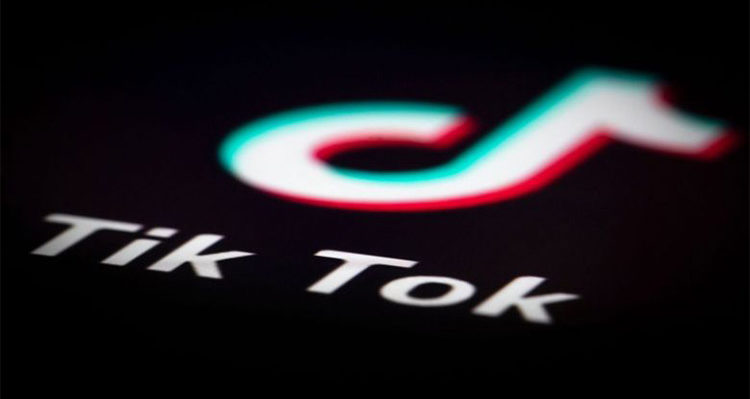
Photo Credit: Google Images
For millions of young Americans, TikTok is a fun social media app tailor-made for comedic videos, really bad karaoke songs and juvenile pranks. Many brands, celebrities and social media influencers have also jumped on the TikTok bandwagon, eager to be first to market on one of the biggest breakout social media apps of the year. But there may be a hidden dark side to TikTok – the company is owned by Beijing-based ByteDance, which some U.S. politicians say has deep ties to the Chinese state.
A formal investigation into TikTok
In fact, fears about TikTok are running so high on Capitol Hill that a group of U.S. Congressmen have called for a formal review into TikTok by the U.S. Treasury’s Committee on Foreign Investment in the United States (CFIUS). This is really an extraordinary move, since CFIUS is usually only called on to review deals involving critical U.S. assets that directly impact national security. In the past, CFIUS would never have possibly considered investigating a social media company.
At issue is ByteDance’s $1 billion acquisition of Musical.ly back in 2017. At the time, Musical.ly was based in Shanghai but had an office in California. Right after the acquisition, ByteDance eliminated Musical.ly and went about transforming it into TikTok. By 2018, TikTok was already growing into a viral social media sensation worldwide, and 2019 marked the big breakout year for TikTok.
So, in many ways, the formal CFIUS investigation into TikTok is really about turning back the hands of time (tick-tock, tick-tock) and reversing this acquisition. The basic thinking here is that the Chinese tech firm should never have been allowed to purchase Musical.ly in the first place, so CFIUS could theoretically force ByteDance to divest any and all U.S. assets that were part of the acquisition.
Questions about TikTok
So what’s the big issue with TikTok? How you answer this question really depends on what your biggest paranoid fears are. For some, TikTok represents a surveillance back door to eavesdrop on America’s youth. For others, TikTok is a rotten propaganda arm of the Chinese state, and is engaged in massive censorship of American social media users. (Case in point: you won’t find pro-democracy content related to the Hong Kong protests on TikTok.) And, for still others, TikTok is an extension of the Chinese Communist Party, working entirely to further Chinese military, economic and diplomatic interests inside the United States.
Of course, if you believe in any of those scenarios, then you probably also believe that the Chinese are using LinkedIn to conduct corporate espionage, that all 5G networking equipment from Chinese tech giant Huawei is simply surveillance gear for the Chinese state, and that the Russians are using FaceApp to steal facial recognition data from Americans. You probably also believe that Russian bots are subverting democracy, that Chinese bots are reporting on your pro-democracy conversations to the Chinese censors, and that Iranian bots are trying to launch attacks on the American power grid.
The link between data and national security
One of the reasons why all of these Russian-Chinese-Iranian scare scenarios keep getting headlines is because politicians in Washington are waking up to the fact that data has value. And in today’s data-driven economy, social media companies play a very important role in determining who gets access to that data. As a result, we need to carefully consider what role foreign companies should be able to play when their new social media apps involve the data of millions of Americans.